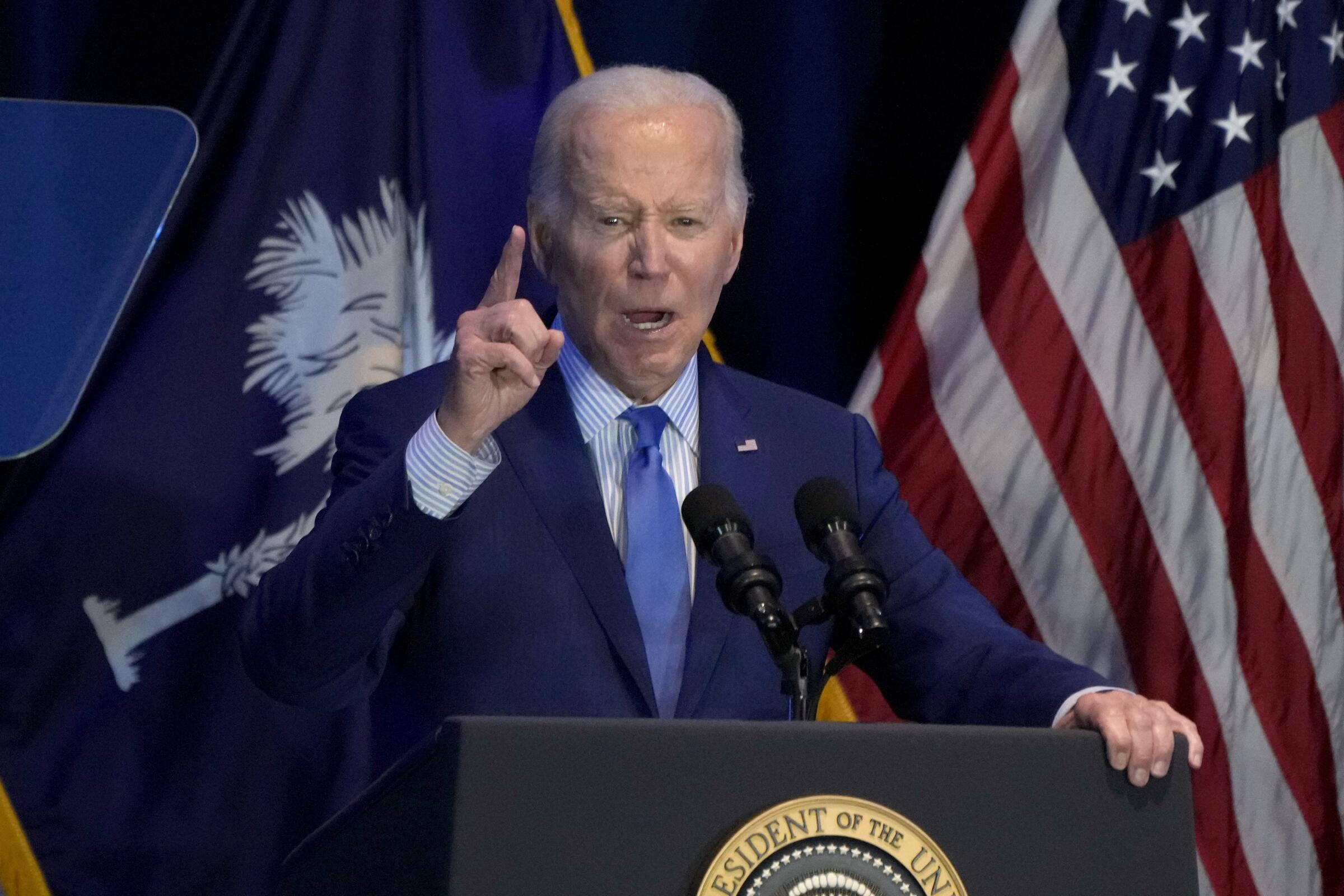Voter concerns over Trump’s fitness for office won’t go away. If anything, the spotlight on his legal problems likely will intensify between now and election day, especially if any of the four criminal cases against him goes to trial. Polls vary on how much impact a criminal conviction would have on Trump’s support, but there’s little doubt it would cause some ambivalent voters to turn against him.
By contrast, the economic burden Biden carries has started to lighten.
Before going further, there is a crucial caveat to keep in mind: We live in an era of hyper-partisanship. As the political analyst Lee Drutman recently wrote, the U.S. has a 40-20-40 electorate: 40% are firmly entrenched on each side, and the remaining 20% are mostly low-information voters who don’t pay much attention to news and only sometimes vote.
There’s almost nothing that Trump or Biden could do to change the minds of the 40% on the other side. As for the remaining 20%, how they feel about their economic circumstances does matter. It’s not the only thing, but it’s a big thing.
Since late last year, perceptions of the economy have started to improve.
The consumer confidence index released Tuesday by the Conference Board, a business organization, provides the latest evidence. The index has now increased for the third month in a row and stands at its highest point since December 2021.
Americans’ expectations about the future remain guarded, the Conference Board numbers show, but their ratings of current conditions are much higher and have returned most of the way to the pre-pandemic high point.
“January’s increase in consumer confidence likely reflected slower inflation, anticipation of lower interest rates ahead, and generally favorable employment conditions,” Dana Peterson, chief economist at the Conference Board, said in a statement accompanying the new numbers. “Consumers are starting off the year in good spirits about their current finances,” she said.
Gallup found a similar trend. Its economic confidence index is at the highest point in two years, although still below the pre-pandemic level.









